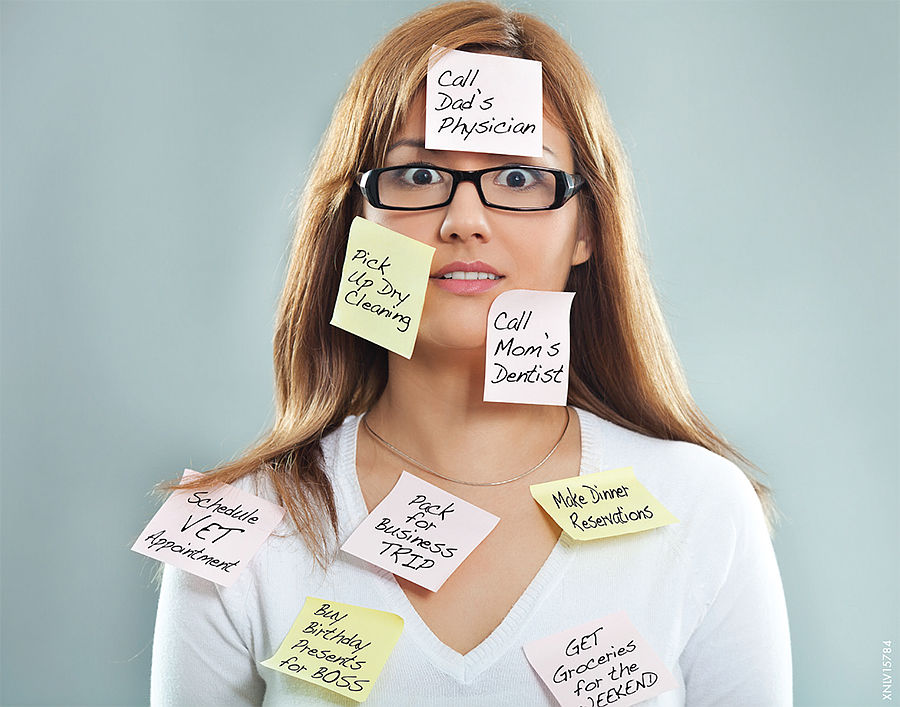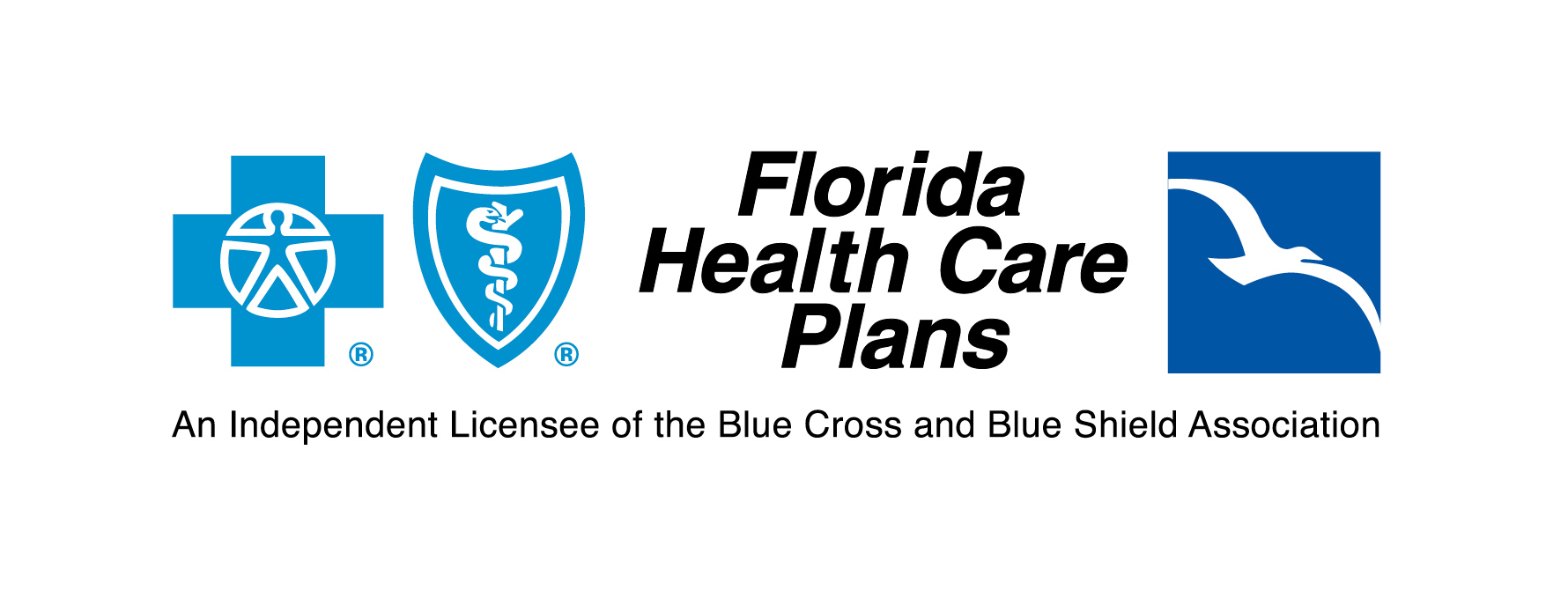- April 25, 2024
-
-
Loading

Loading

Women are frequently the caregivers in the family. We spend a large portion of our day taking care of the needs and health of our children, spouses or parents, and too frequently we don’t take time to care for ourselves.
However, it’s hard to be there for our loved ones if we’re facing health concerns of our own. It’s important to take a time out to focus on ourselves to prevent some common health issues that women face.
You may think of men when you hear “heart disease,” but this condition is the leading killer of women over 25. The good news is you can take steps to help prevent heart disease.
Your risk of developing breast cancer increases with age, but you can be proactive in helping to lower your risk.
Osteoporosis occurs when your bones weaken and lose mass. You may not even notice you have this condition until you suffer a broken bone. If you are at risk or have suffered a broken bone, your doctor may order a bone density test that compares your bones with those of a healthy 30 year old, since that’s when your bones are the strongest.
Depression often strikes when you’re experiencing other health issues and life events, such as losing a spouse. However, even if you have reason to be sad, clinical depression is a serious health problem. It’s important to get help from a qualified professional so you don’t go through it alone. If you’re unsure where to turn, you’re primary care physician can recommend professionals in your area.
Catherine Robinson is a registered dietitian and certified diabetes educator. She has a master’s degree in education and manages the Diabetes/Health Education department for Florida Health Care Plans.
